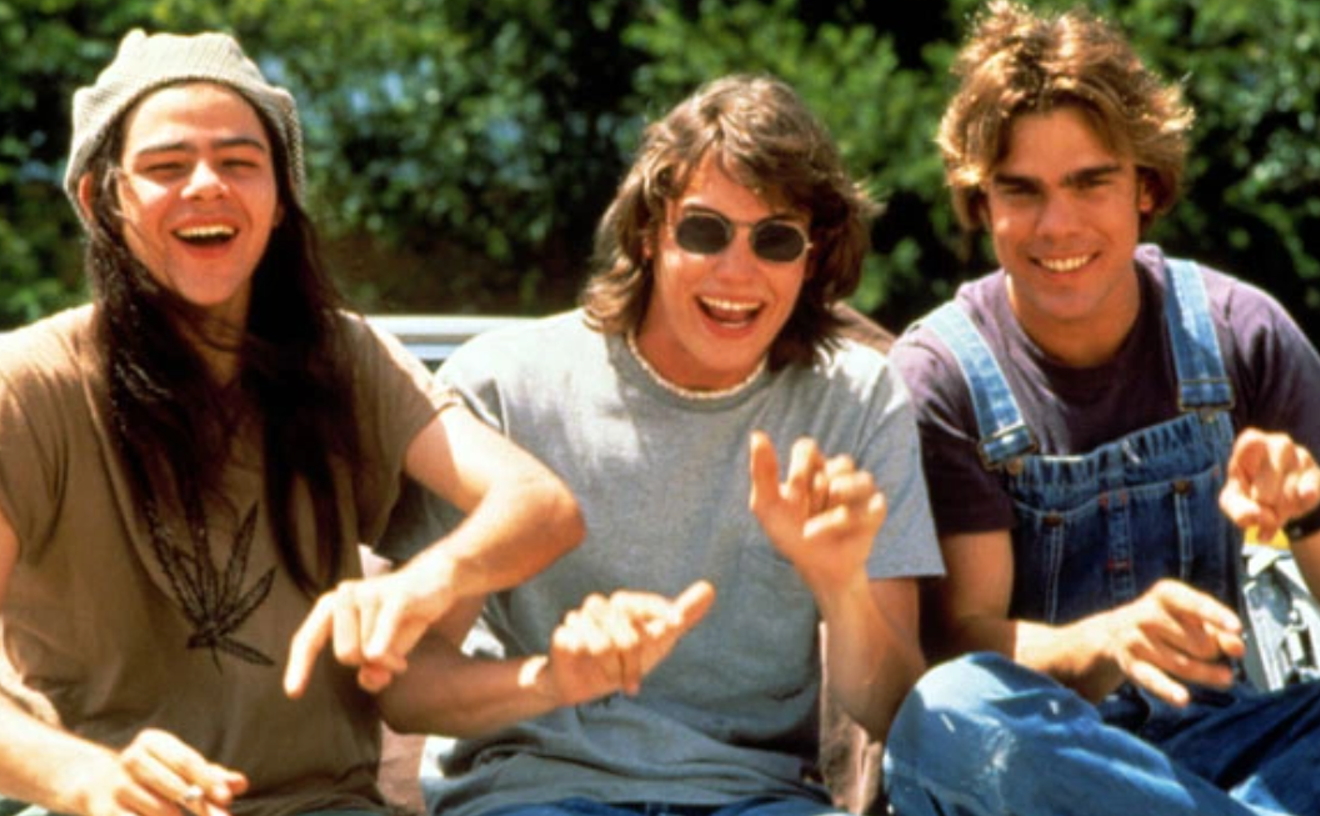"There is so much bad in the best of us, and so much good in the worst, that it doesn't seem right to criticize." Thornton Wilder thus quotes Ralph Waldo Emerson in his one-act play Pullman Car Hiawatha, the most substantial in an evening of three short works collectively titled Wilder, Wilder, Wilder, presented by the drama department of Grand Canyon University. If you revere this homily as an inspired truth, read no further.
Emerson also said: "I hate quotations. Tell me what you know." Apparently aware of how little he knew, Wilder packed this play with aphorisms from "great minds" throughout history in a vain attempt to contrast the wisdom of the ages with the simple rhythms of cyclical experience: living, marrying, giving birth and dying. These are events that in experience seem profound and unique, yet can seem trite and commonplace when they are dramatized.
Wilder was obsessed with trying to wrest the larger meaning from the mundane details of our brief time on Earth. I admire his novels The Bridge at San Luis Rey and The Ides of March, and his ambitious burlesque comedy The Skin of Our Teeth. In these, Wilder wrote simply and without pretension, using a fertile imagination to explore the human condition and, in the latter, giving us a fun-house mirror as a lens to understand the side shows of both history and anthropology along the boardwalk of time. But in his ubiquitous Our Town (is there anyone who has not seen an amateur production?), Wilder dramatized the dull routine of daily living in the fictional New England town of Grover's Corners, meant to represent a quintessential Americana and to extrapolate cosmic relevance. For the television adaptation in the Fifties, Frank Sinatra crooned, "Love and marriage, love and marriage/Go together like a horse and carriage," which just about sums up the level of profundity in Wilder's contribution to our understanding of the mysteries.
In his time, Wilder was hailed as a theatrical innovator, because he eschewed scenery and props, stripped the stage bare and substituted pantomime and poetry for environment and action. Today, this daring leap into the essentials of storytelling seems more coy than inventive.
Pullman Car Hiawatha is the most animated of the three plays on view, whose productions resemble open-coffin services. The first is The Happy Journey to Camden and Trenton, a dreary portrait of American family values so wholesome, even Newt Gingrich would gag. When the mother warns the father to be careful not to hit a collie on the highway, one audience member muttered, "Come on, go for it!"
It was difficult to differentiate the audience's cynical laughter at unintended humor from its groans. What is on display in this Wilder play is not only how much we have changed as a society, but how shallow and strained Wilder was as a philosopher. America was never really like this.
Wilder tried to have it both ways, idolizing the virtues of the past while tacitly making fun of them. In the Thirties, when these plays were written, it may have been novel to suggest a car onstage with four chairs, but today it just seems an impoverished notion of stage technology, a canvas more suited to film.
The Long Christmas Dinner is more original in that the play uses the occasion to depict the passing generations bound by the traditions of holiday celebration. In its brevity, this is a more satisfying play than The Dining Room by A.R. Gurney, one of the many imitators Wilder spawned. Seen in historical perspective, one is again struck by the limited nature of Wilder's Waspy universe, and by the effort required to stretch the particulars into universal application. Pullman Car Hiawatha at least offers scope and ambition, hinting at ideas that would be further explored in Our Town. This embryonic experiment can even be seen as a progenitor of Angels in America. Indeed, in addition to the human characters, we are subjected to a pageant of Hours, Planets and Angels who parade above the train like a demented children's masque, replete with togas, spheres and feathered wings.
I frequently lament the theatre's loss of relevance to our contemporary lives. No clearer example could be offered than this presentation of outdated, mechanical and pretentious material. Wilder's smug aphorisms stank like farts in a phone booth. Why were these plays inflicted on an audience already hanging on to an existence with little hope and tattered values, teetering on the abyss of a new century? The blatant phoniness of Wilder's vision lacks even the nostalgic wholesomeness of Leave It to Beaver. Who chose to subject this talented cast and long-suffering audience to this drivel?
I have spent this week attending college theatre, some of it remarkably skilled, like the student production of Gogol's The Overcoat in an all-female version at ASU's Lyceum Theatre. Some offerings were funny, if inept, like Mesa Community College's Inspecting Carol, in which the expertise required to pull off a sophisticated farce was missing. Some were breathtakingly violent, as in the 90-minute version of Shakespeare's worst play, Titus Andronicus, emoted in a headlong rush of passion by Phoenix College, where the front row of the audience in the round cowered behind a plastic sheet proffered to protect it from the buckets of gore that rained on the tiny arena stage. But nowhere have I seen a more capable cast than at Grand Canyon University. Unfortunately, this talented and skilled company has been betrayed by its employment in a turkey that no amount of professionalism could resuscitate.










